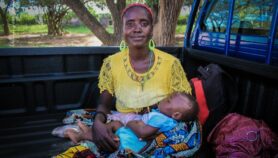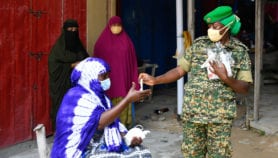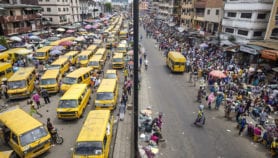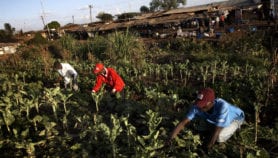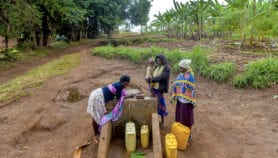29/05/20
Africa’s city boom begs for home-grown knowledge
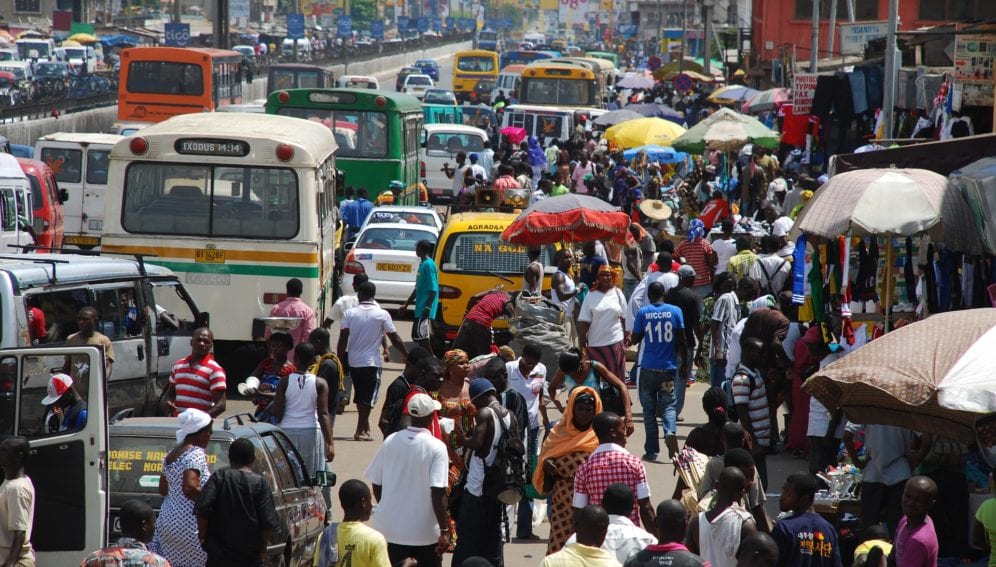
Send to a friend
The details you provide on this page will not be used to send unsolicited email, and will not be sold to a 3rd party. See privacy policy.
[NAIROBI] Africa’s cities are booming, but the fastest urbanisation rates in the world need to be met with local urban planning knowledge, sustainable city experts say.
African cities are largely shaped by research from the global North, but the continent’s unique needs make local urban research and development critical, a new report says.
While the bulk of urbanisation in Africa has not yet occurred, African cities are experiencing the fastest urbanisation rates in the world, the report says. African cities should quickly act to ensure that knowledge unique to the continent is used to aid urban development.
“In Africa, there is the need to build a strong human capacity in sustainable urban planning and development.”
Paul Syagga, University of Nairobi
“Research on African urban issues are predominantly shaped by research from the global North because of its [Africa’s] colonial ties with these nations,” says Sylvia Croese, the report’s co-author and urban sociologist with the African Centre for Cities at South Africa’s University of Cape Town.
Croese tells SciDev.Net that the pace and scale of urbanisation in Africa is unprecedented and more than three-quarters of residential areas developed on the continent between 1990 and 2014 were informal and unplanned.
“Although many frameworks and tools for generating knowledge are relevant to African contexts, more attempts should be made to support the development of African research theories and framing to grasp the problems and solutions in their specific context,” the report says.
The report is based on case studies resulting from the five-year Leading Integrated Research for Agenda 2030 in Africa programme being implemented by the International Science Council and the Network of African Science Academies. It calls for African cities to shape their futures in a sustainable and resilient manner.
Mabel Nechia Wantim, a co-author of the report and a researcher at the University of Buea, Cameroon, says that the challenges of sustainable urban development in Africa can best be met using science, policy and society.
Wantim says that the success of Africa’s response to complex urban challenges will largely depend on the continent’s ability to mobilise diverse types of knowledge and connect that multifaceted knowledge with decision-making and practice.
The report says that unlike many African cities, those in the global North resulted from industrialisation. In Angola, for example, city growth and development has been largely fuelled by government revenues derived from oil production.
Home-grown transdisciplinary research and sustainable cities training is urgently needed in Africa to address challenges confronting African cities, such as informal settlements, according to Wantim.
Paul Syagga, a professor of land economics at Kenya’s University of Nairobi, who was not involved in publishing the report, tells SciDev.Net that African cities are mostly based on rural-urban migrations.
“In Africa, there is the need to build a strong human capacity in sustainable urban planning and development, directing how things are being done and with the support of the political class who controls power,” he says.
“We need to start from the known to the unknown with urban city managers with expertise, mission and vision for sustainable cities in Africa.“Employ managers locally trained in urban planning, surveying and engineering then send them abroad to share knowledge and learn.”
The report identifies urban development issues including informal settlements and housing in African cities such as Luanda in Angola, Buea and Limbe in Cameroon, Addis Ababa in Ethiopa, Nairobi in Kenya, Durban in South Africa and Kampala in Uganda.
This piece was produced by SciDev.Net’s Sub-Saharan Africa English desk.
References
Advancing the 2030 Agenda in African cities through knowledge co-production: Urban experiments led by early-career African scientists (International Science Council, 2020)


